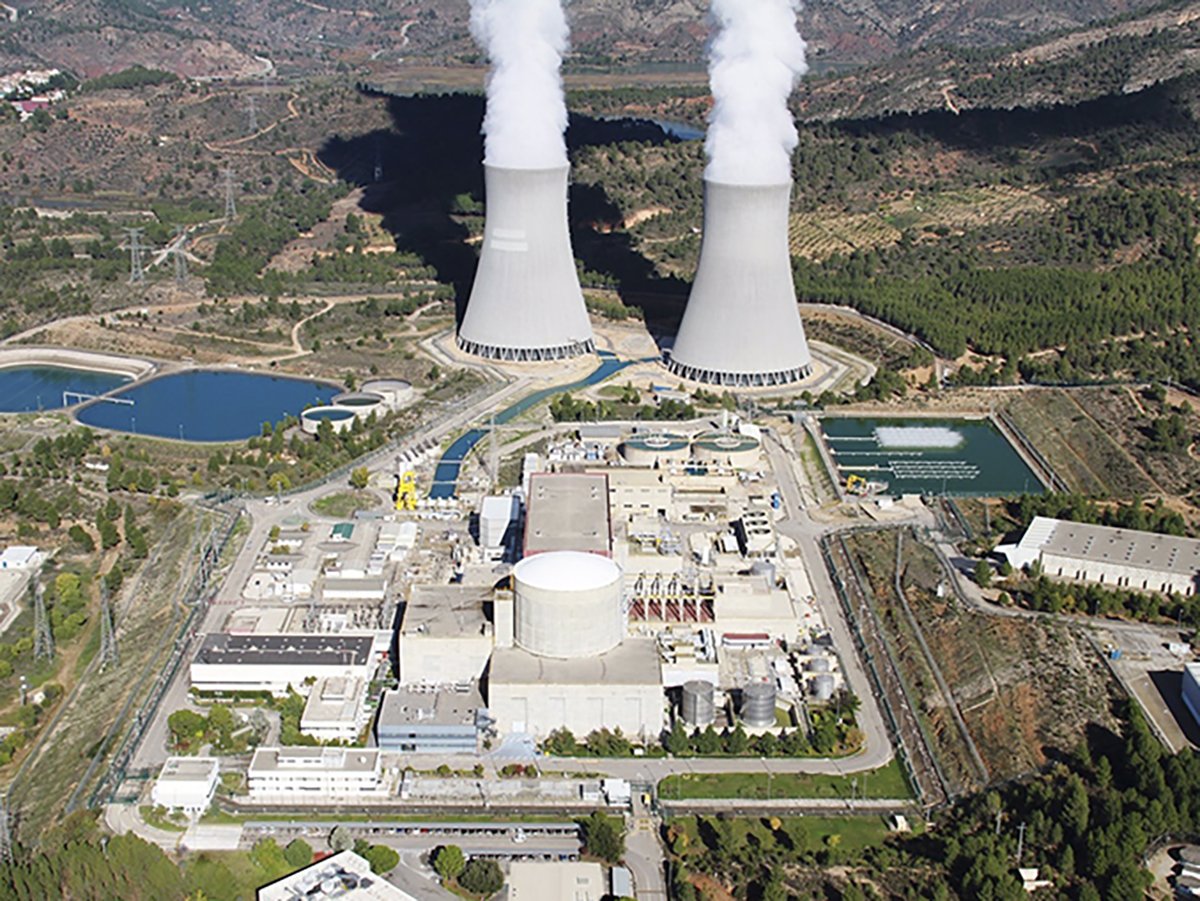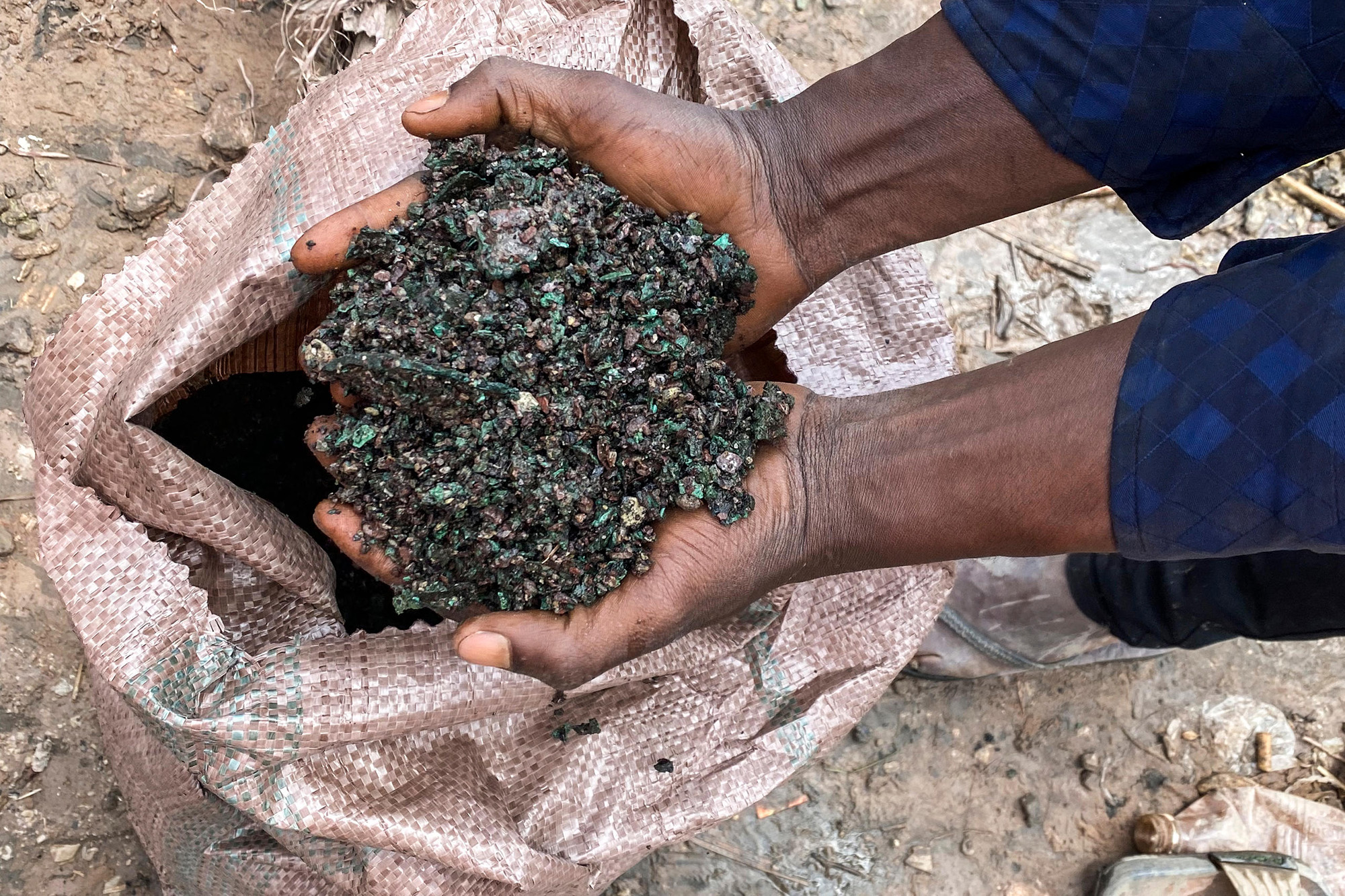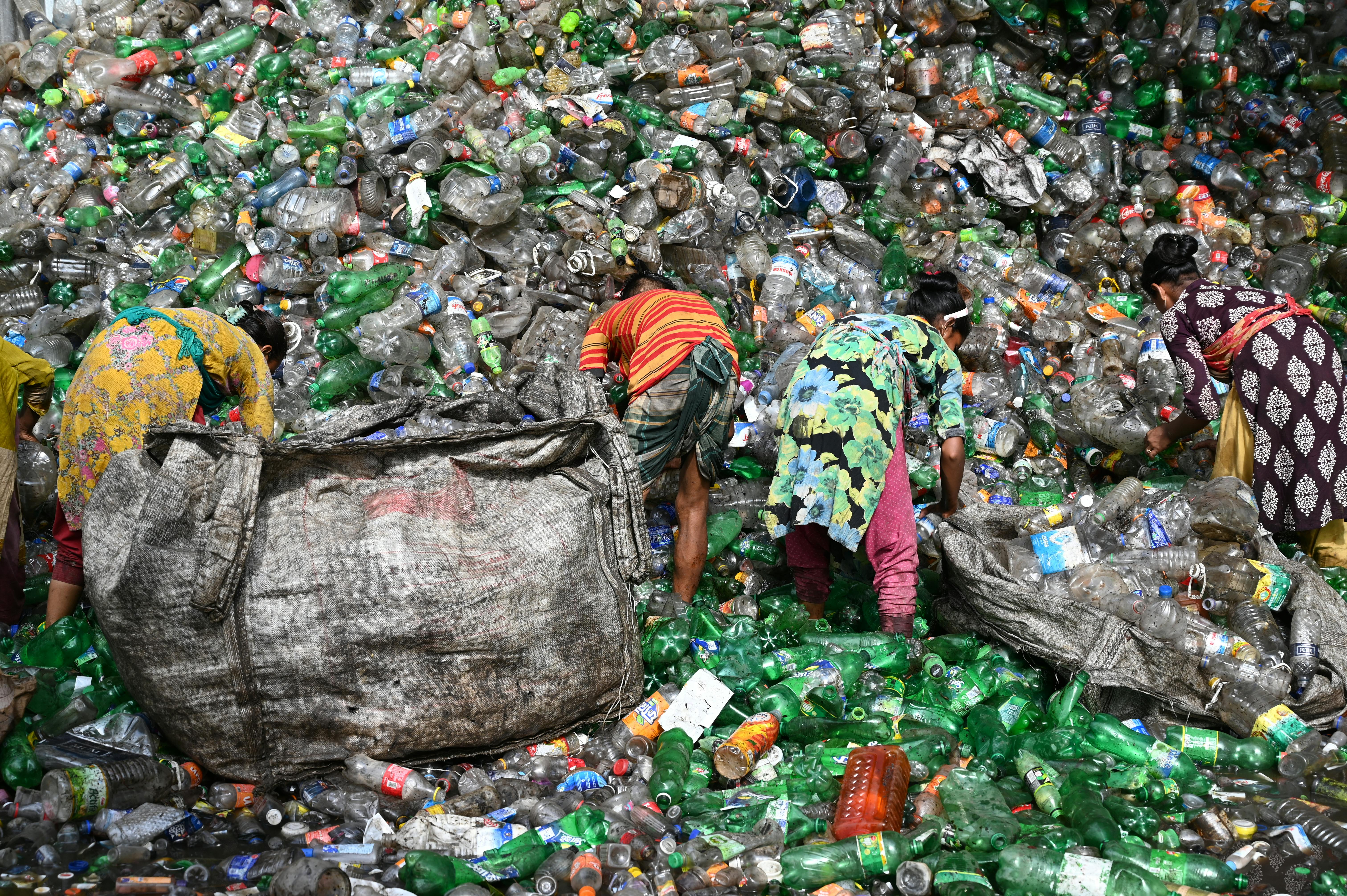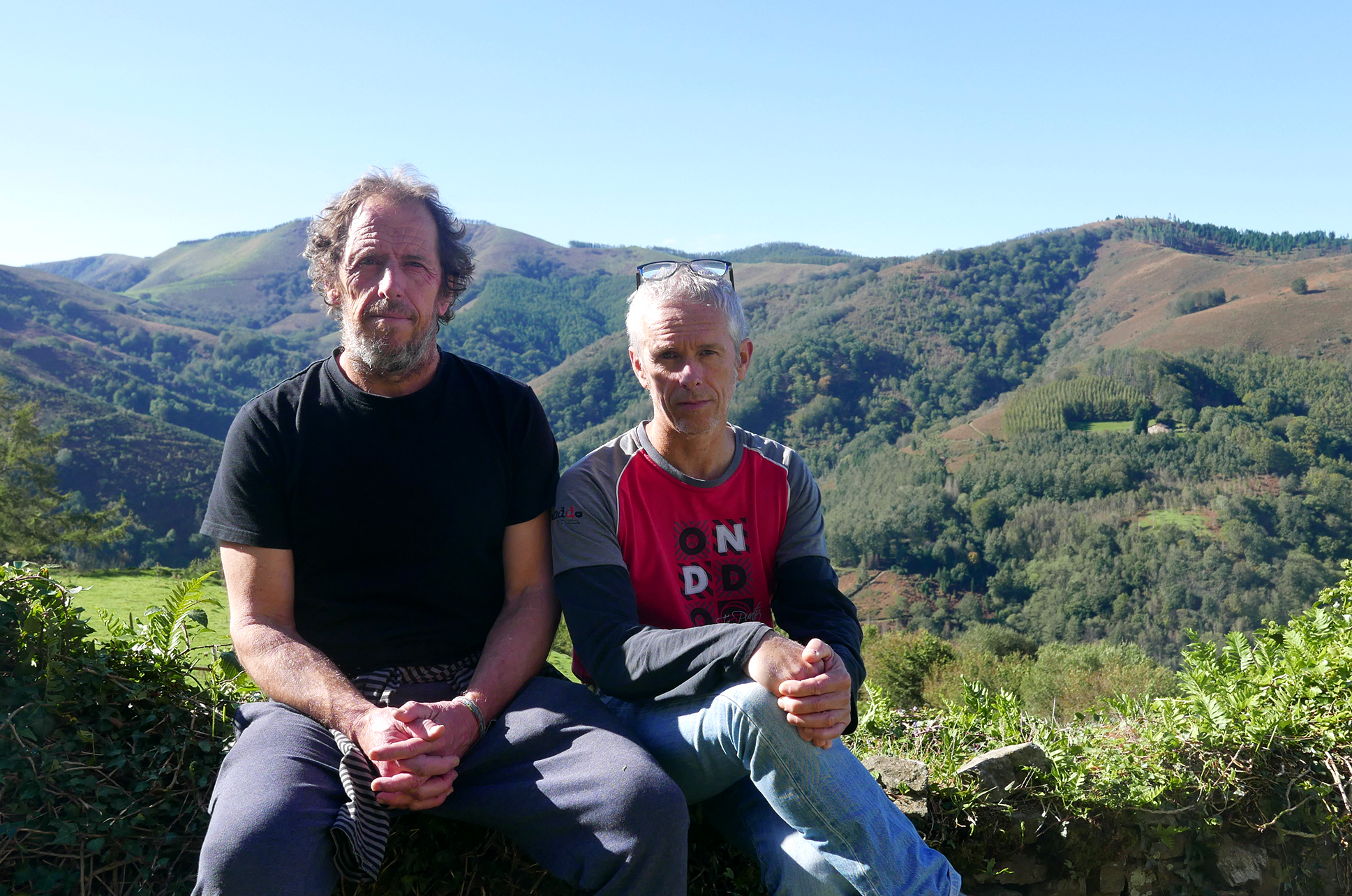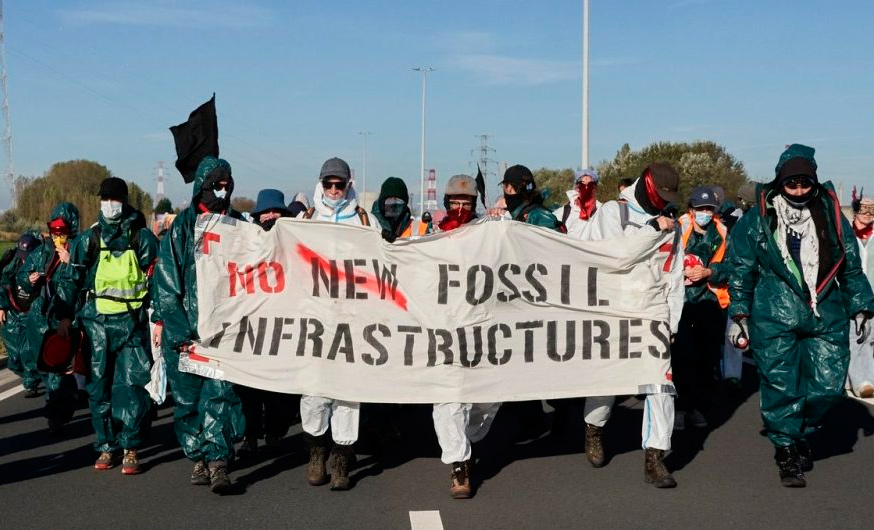PNV, EH Bildu and PSE agree on Energy Transition and Climate Change Act
- It has gone ahead with the support of the PNV, EH Bildu and the PSE. The Government must implement a plan to divest fossil fuels. The main objective is to reduce carbon emissions in the CAPV to zero by 2050.
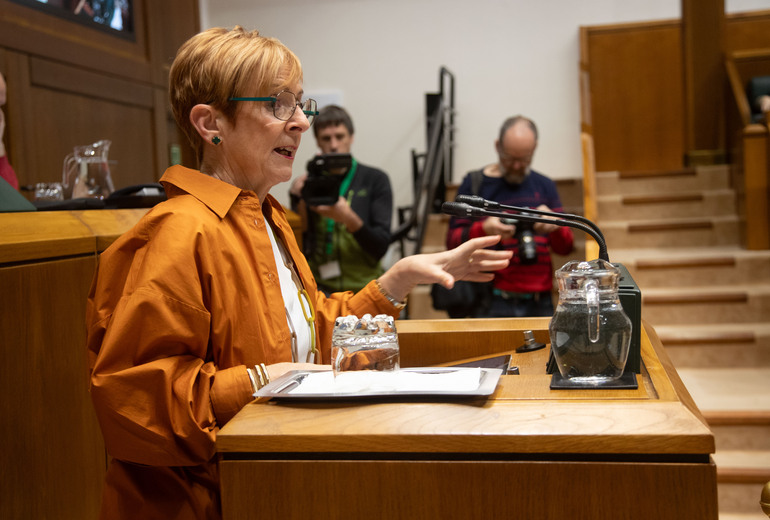
Once the agreement between PNV, PSE-EE and EH Bildu on the content of the Energy Transition and Climate Change Act has been reached, the Basque Parliament has passed the law.
The three parties mentioned have voted in favour and the law has advanced with this support (62 of the 75 parliamentarians). Together A-IU, PP, Vox and Canal vote against.
The main objective of the Act is to reduce carbon emissions in the CAPV to zero by 2050 by setting out concrete measures. These are:
- By 2030, 32% of the total energy produced in the CAPV will have to be produced by renewables.
- Companies installing renewable energy facilities (solar or wind farms) in the CAPV must pay a fee to compensate for damage to the environment.
- The Basque Government should define and implement a roadmap for the divestment of fossil resources by 2030.
- Creation of the Basque Climate Change Office and a scientific committee.
By 2030, the target is for 32% of the energy produced in Araba, Bizkaia and Gipuzkoa to be renewable and pollutant emissions to be reduced by 45% over the same period. Furthermore, large renewable energy plants will have to provide 20% of the property to the citizens concerned.
The Minister for Economic Development, Sustainability and the Environment, Arantxa Tapia, has thanked the groups that have accepted it “for the effort made” at this morning’s hearing. “It’s an ambitious but realistic law,” says Tapia.
Mikel Otero, a EH Bildu parliamentarian and eco-transition secretary, has pointed out that they are not 100% compliant, in his opinion they wanted a greater degree of concreteness, but that in the face of the achieved they can find their mark on many elements.
PNV, PSE-EE and EH Bildu defend the new law and undertake to comply with it. The other aspects have been very critical. For Elkarrekin We can be an unambitious law and the PP and VOX consider that these goals cannot be met.
Report the "farsa" out
The Euskal Herria Bizirik network has held a concentration at the gates of the Basque Parliament, while the Energy Transition and Climate Change Act was approved inside. He called "Fartsa" the law that the Basque Parliament has just adopted, claiming: "This law aims to create the conditions under which the decarbonisation process can theoretically be carried out, at least by political parties. But if one reads carefully, it is clear what this law hides: to give as massive an expansion of the renewable energy industry as possible to give a strong boost to economic growth."
Eusko Jaurlaritzak eta Arabako Foru Aldundiak Datu Zentroen instalazioei ateak irekitzen dizkiete horiek arautzeko legedia sortu aurretik. Bilbao-Arasur Dantu Zentroarekin, bere lehen fasea gauzatuta, eta instalatzea amesten duen Solariaren Datu Zentroarekin, 110.000 m2... [+]
Espainiako Estatuko zentral nuklearrak itxi ez daitezen aktoreen presioak gora jarraitzen du. Otsailaren 12an Espainiako Kongresuak itxi beharreko zentral nuklearrak ez ixteko eskatu zion Espainiako Gobernuari, eta orain berdin egin dute Endesak eta Iberdrolak.
The Centre Tricontinental has described the historical resistance of the Congolese in the dossier The Congolese Fight for Their Own Wealth (the Congolese people struggle for their wealth) (July 2024, No. 77). During the colonialism, the panic among the peasants by the Force... [+]
The update of the Navarra Energy Plan goes unnoticed. The Government of Navarre made this public and, at the end of the period for the submission of claims, no government official has explained to us what their proposals are to the citizens.
The reading of the documentation... [+]
Environmental activist Mikel Álvarez has produced an exhaustive critical report on the wind macro-power plants that Repsol and Endesa intend to build in the vicinity of Arano and Hernani of the region. In his opinion, this is "the largest infrastructure of this kind that is... [+]








